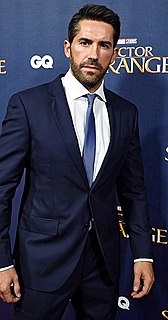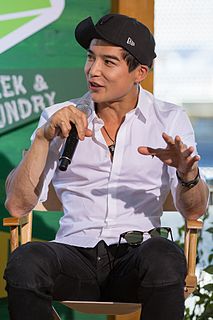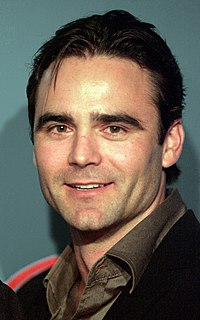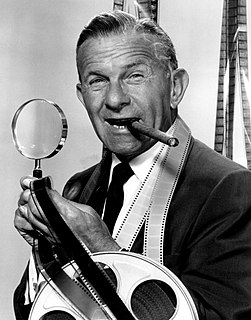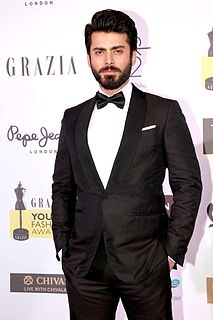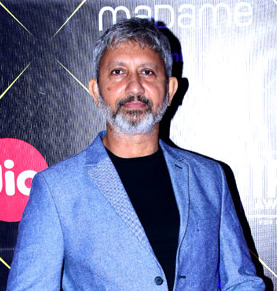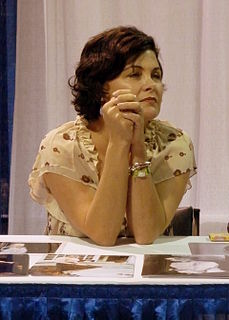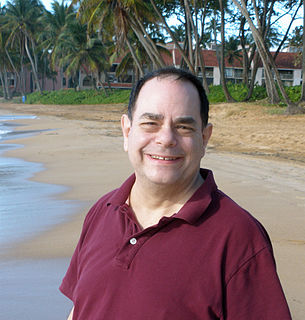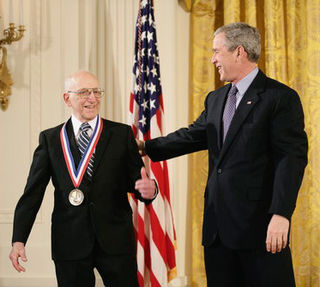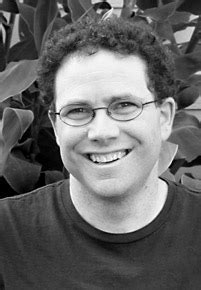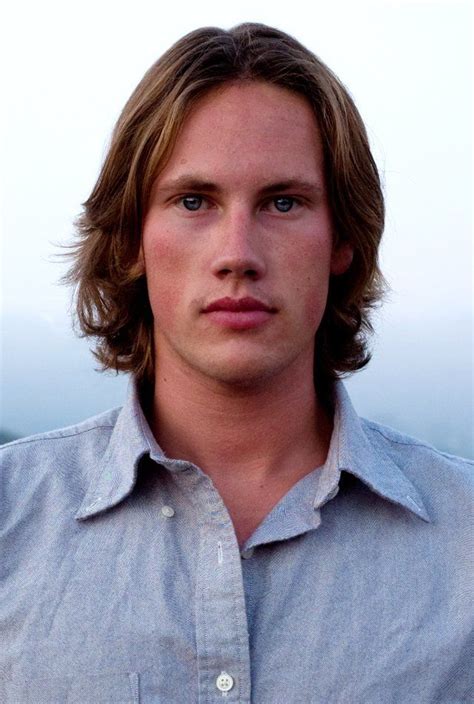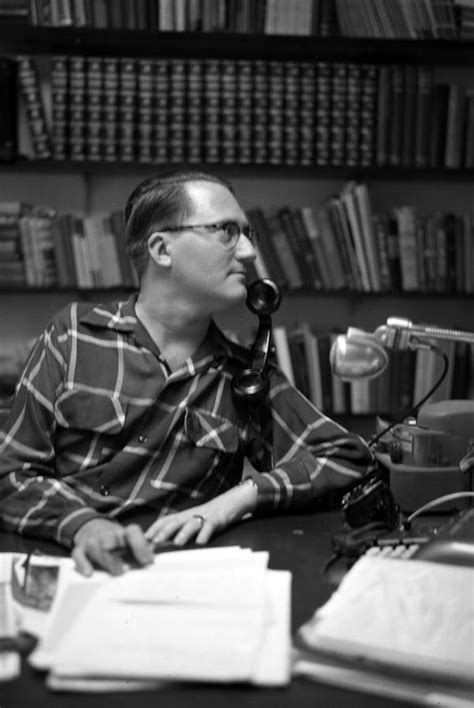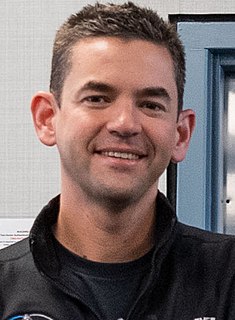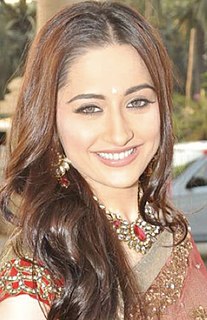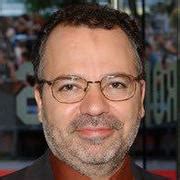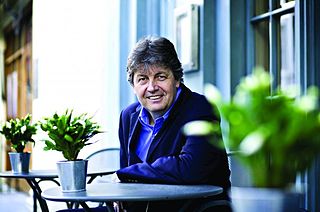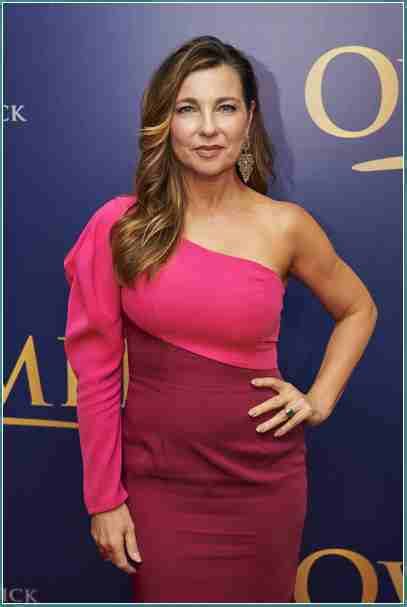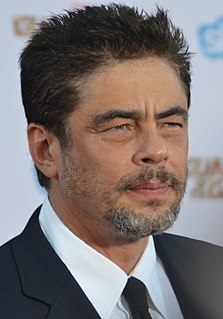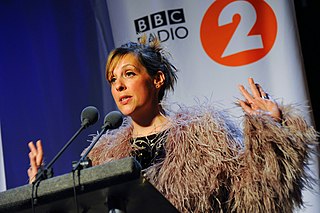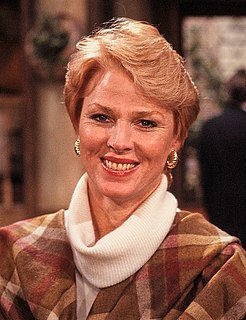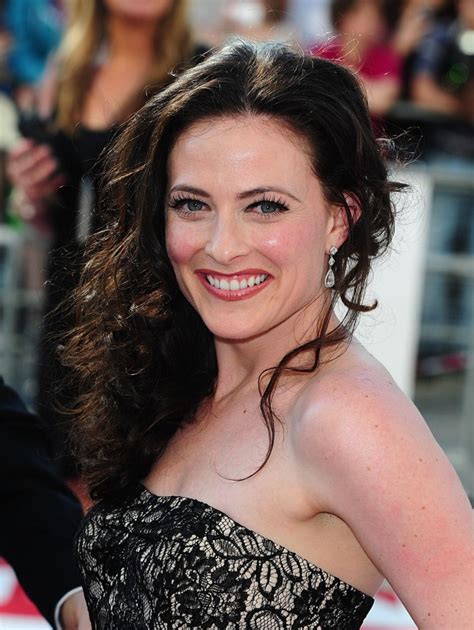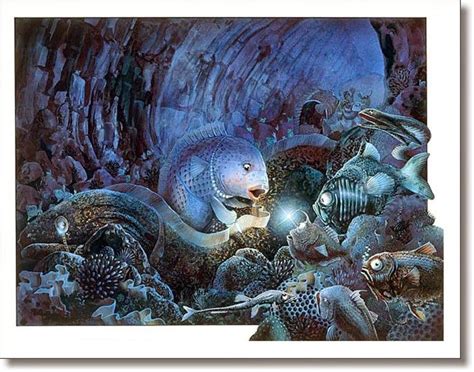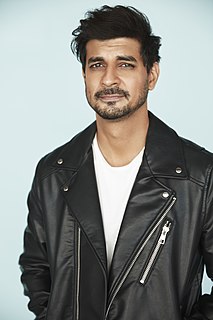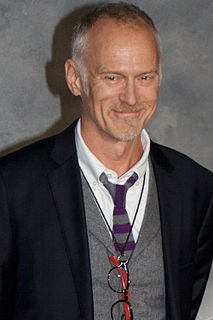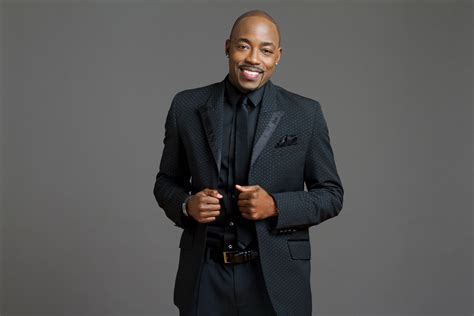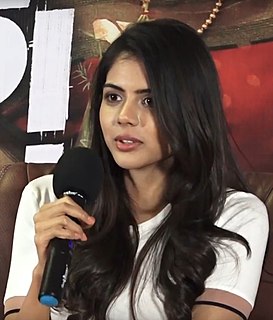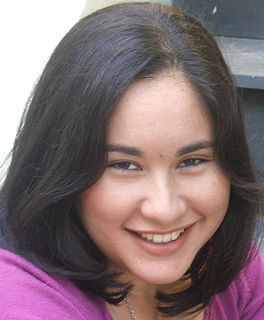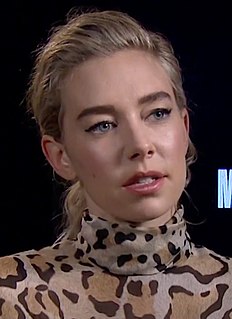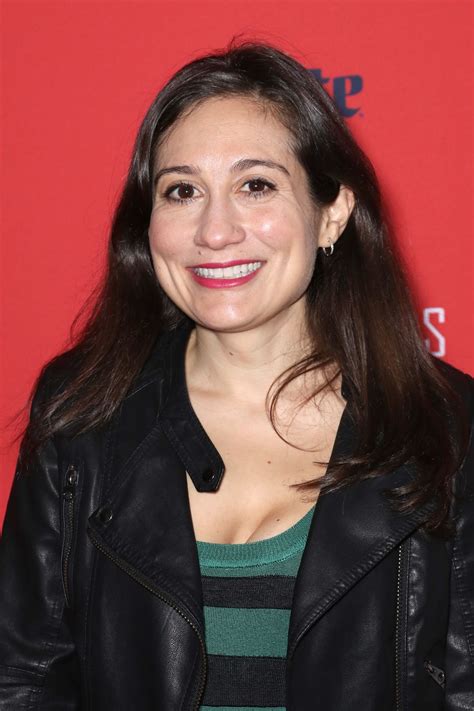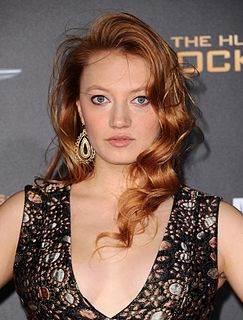Top 1200 Screen Quotes & Sayings - Page 2
Explore popular Screen quotes.
Last updated on April 16, 2025.
I feel like my job as a storyteller and director is to create an experience where the audience forgets they're in a cinema and can get lost in the story. Things popping out of the screen call attention to the artifice of what you're doing, so I use 3D as more of a window into a world behind the screen.
Who doesn't have a dark place somewhere inside him that comes out sometimes when he's looking in a mirror? Dark and light, we are all made out of shadows like the shapes on a motion-picture screen. A lot of people think that the function of the projector is to throw light on the screen, just as the function of the story-teller is to stop fooling around and simply tell what happened, but the dark places must be there too, because without the dark places there would be no image and the figure on the screen would not exist.
The truth is, when I started to make films, I was terrified. I had a huge difference in what I was writing in the screenplay and what was on the screen after. Sometimes there was a big gap. Now, the more I have experienced, the more I do movies, the more I feel that the dream is closer to the screen. It's coming with experience.
I couldn't believe it! I mean, I'd always dreamed of acting on the screen - my previous background was all theater - but I wasn't sure if the opportunity would ever present itself. Not only was this acting for the screen, this was acting in 'The Hunger Games!' I knew that I had to give this audition my all.
